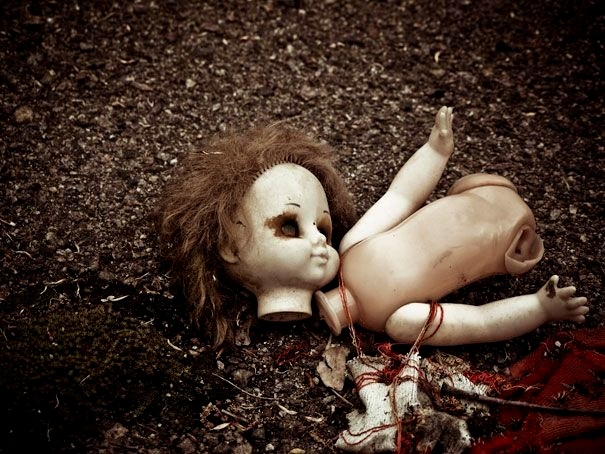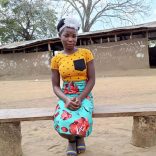Mozambique: MSF suspends activities in Mocímboa da Praia as violence surges
Five years in court to leave polygamous child marriage in Mozambique

File
A group of seven girls have been fighting for five years in Mozambican courts, so far without success, to be released from polygamous marriages organised by the Johane Marange apostolic sect, famous for refusing conventional medicine and ‘allowing’ early and polygamous marriages.
The case that became known as “rebequinha” was admitted to the Manica Public Prosecutor’s Office in 2011 when three young sisters and four neighbours challenged a polygamous marriage with the sect leader and his son after they were rescued from marriage by an organisation of women’s rights.
The story
The seven girls entered the marriage in 2006, aged between 8 and 12 years, in the Gacamira district, Vanduzi district, as a way to legitimise their parents’ allegiance to the Johane Marange sect and fulfill “biblical commandments”.
Due to frequent assaults for not doing forced labour for the benefit of older wives in the home, and for evading their “sexual obligations”, the polygamous marriage came to the knowledge of the nongovernmental organisation Levanta Mulher e Segue o Teu Caminho [ (Rise, Woman and Follow Your Way] (Lemusica), which reported it to the authorities.
In August 2006, the girls were rescued from the marriage and taken to a Lemusica reception centre for rehabilitation and subsequent reintegration into society, to take place in 2011 after five years of rehabilitation.
In 2011, now aged between 13 and 17, the seven girls went to court to contest their polygamous and premature marriage and obtain freedom, but the court has still not acted, to the consternation of the organisation overseeing their case.
“This case neither moves nor stops. To date, there is no outcome. It is very sad, ” Lemusica’s Cecília Ernesto says. She was “distressed by their treatment at the hands of the organs of justice” in this case in particular, she said.
Return to “captivity”
While awaiting the court trial, the girls were reinstated into their community, and the sect leader once again forced the girls to return to the polygamous home, threatening the parents of the children with death and disbarment from the church.
The pastor of the Johane Marangue sect has an obligation to marry the daughter and / or wife of believers as soon as he dreams about them. Members do not have the same right.
“We watched all seven girls in this process and after reintegration, because we have a five-year rehabilitation limit and because of lack of conditions, the girls were again put in the hands of the rapist, even after they started a legal process,” Ernesto said, adding that the attitude contrasts starkly with the government’s public position on combating premature marriages.
Ernesto is demanding swift judicial action in the case, because the lack of an outcome of the judicial process worsens the conditions that the girls are living in.
Attorney General unresponsive
VOA contacted the Manica provincial attorney general a month ago, but the office has failed to respond on the matter, despite insistence.
Mozambique has one of the highest premature marriage rates in the world, affecting one in two girls, and the second highest rate of premature marriages in southern Africa, according to the United Nations Children’s Fund (UNICEF).
According to UNICEF data, in Mozambique 14 per cent of women between the ages of 20 and 24 were married before the age of 15, and 48 per cent before the age of 18. In April of this year UNICEF together with the government launched the National Strategy for Preventing and Combating Premature Marriage (2016-2019).
By André Batista












Leave a Reply
Be the First to Comment!
You must be logged in to post a comment.
You must be logged in to post a comment.